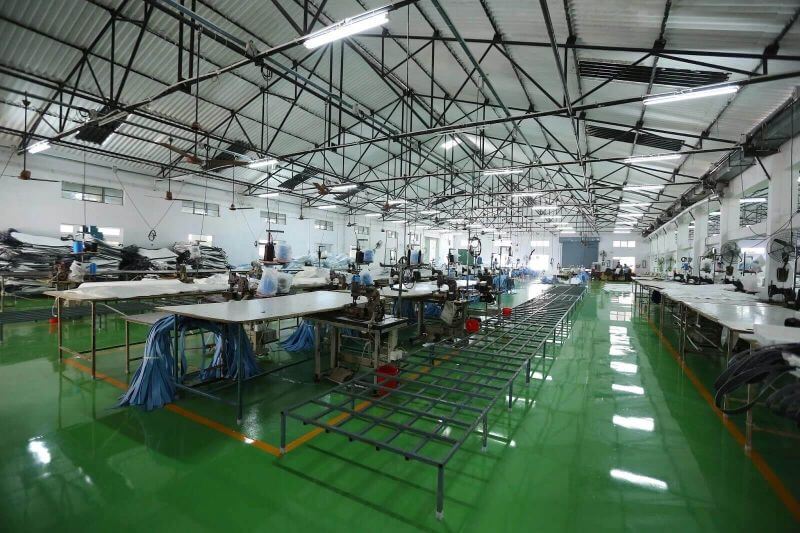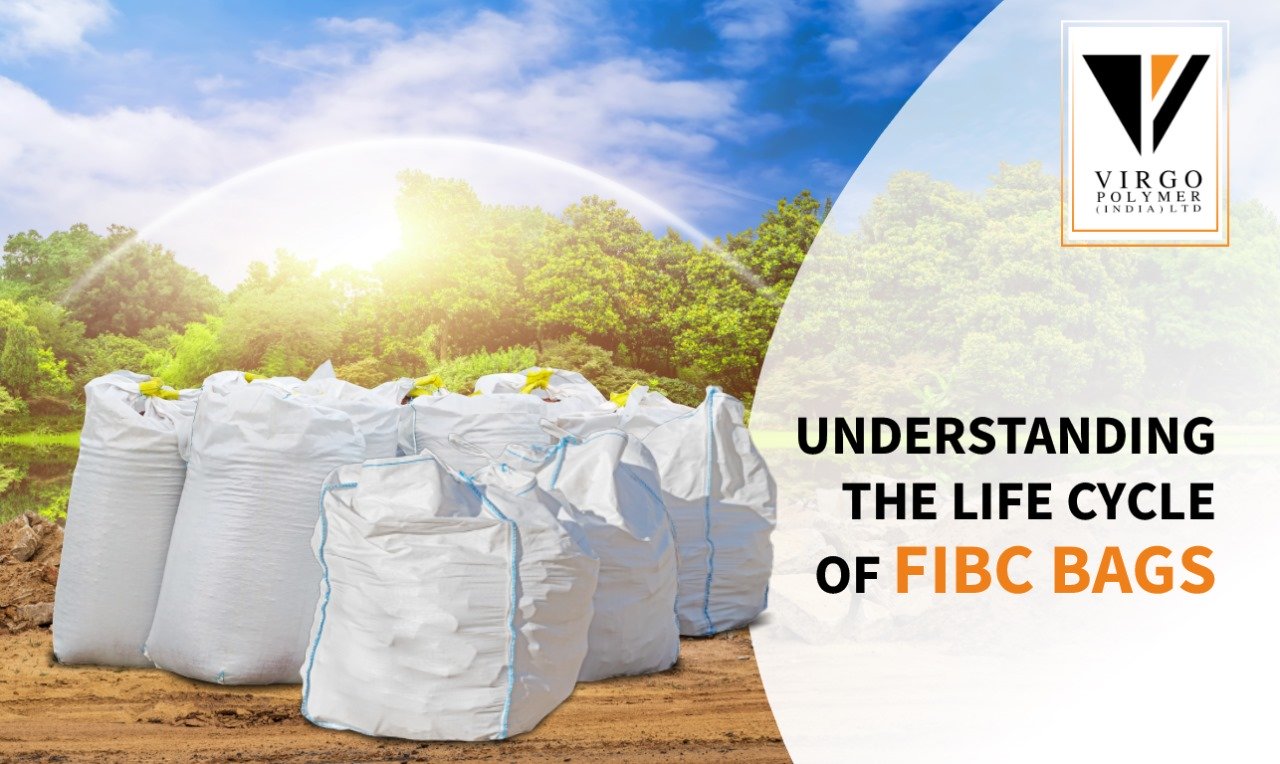



Flexible Intermediate Bulk Containers (FIBC), commonly known as jumbo bags, are versatile, cost-effective, and widely used for storing and transporting bulk goods across various industries. Understanding the life cycle of these bags can help businesses make informed decisions about when to reuse them and when it’s time to recycle. This not only enhances efficiency but also contributes to environmental sustainability. Let’s dive into the life cycle of FIBC bags and explore the key factors that determine when to recycle and when to reuse.
The Birth of an FIBC Bag
FIBC bags are typically made from woven polypropylene, a material known for its strength and durability. These bags are designed to hold substantial quantities of material, ranging from agricultural products like grains and seeds to construction materials like sand and gravel. The life cycle of an FIBC bag begins with its creation, where careful engineering ensures that it meets the specific needs of the product it will carry.
Before an FIBC bag is put to use, it undergoes rigorous quality checks to ensure it can withstand the weight and conditions of transport. Once it passes these tests, the bag is ready for its first journey.
The Journey of Reuse
One of the remarkable qualities of FIBC bags is their ability to be reused multiple times, making them an economically viable and environmentally friendly option. However, the decision to reuse an FIBC bag depends on several factors:
Condition of the Bag: After each use, it’s crucial to inspect the bag for any signs of wear and tear. If the seams are intact, the fabric is strong, and there are no visible damages, the bag can often be reused safely.
Type of Product: The nature of the product previously stored in the bag also influences its reusability. For instance, bags used to carry hazardous materials may not be suitable for reuse due to contamination risks. On the other hand, bags used for non-toxic materials like grains of sand can often be reused after a thorough cleaning.
Storage Conditions: Proper storage of FIBC bags can significantly extend their life. Keeping the bags in a dry, cool environment away from direct sunlight and harsh chemicals helps maintain their integrity, making them suitable for reuse.
The Decision to Recycle
While reusing FIBC bags is beneficial, there comes a time when recycling becomes the best option. Here’s when to consider recycling:
Visible Damage: If the bag has sustained damage such as torn fabric, broken seams, or compromised lifting loops, it’s safer to recycle rather than reuse. Continuing to use a damaged bag could result in product spillage or even accidents during transport.
Material Fatigue: Over time, the polypropylene material may start to degrade, especially if the bag has been exposed to harsh environmental conditions. When the material loses its strength, recycling is the responsible choice.
End of Safe Usage: Most FIBC bags come with a designated safe usage cycle, often specified by the manufacturer. Once a bag reaches this limit, regardless of its condition, it should be recycled to ensure safety and compliance with industry standards.
Recycling: A Step Towards Sustainability
Recycling FIBC bags is not just about discarding them; it’s about giving them a new life. The polypropylene used in these bags can be recycled to create new products, reducing the demand for virgin materials and minimising environmental impact. By recycling worn-out FIBC bags, businesses can contribute to a circular economy, where resources are reused and repurposed rather than wasted.
Understanding the life cycle of FIBC bags and knowing when to reuse or recycle is essential for maximising their value while minimising environmental impact. Regular inspections, proper storage, and adherence to safety guidelines ensure that these versatile bags serve their purpose efficiently. By making informed decisions, businesses can strike the perfect balance between practicality and sustainability, contributing to a greener future while maintaining operational efficiency.
